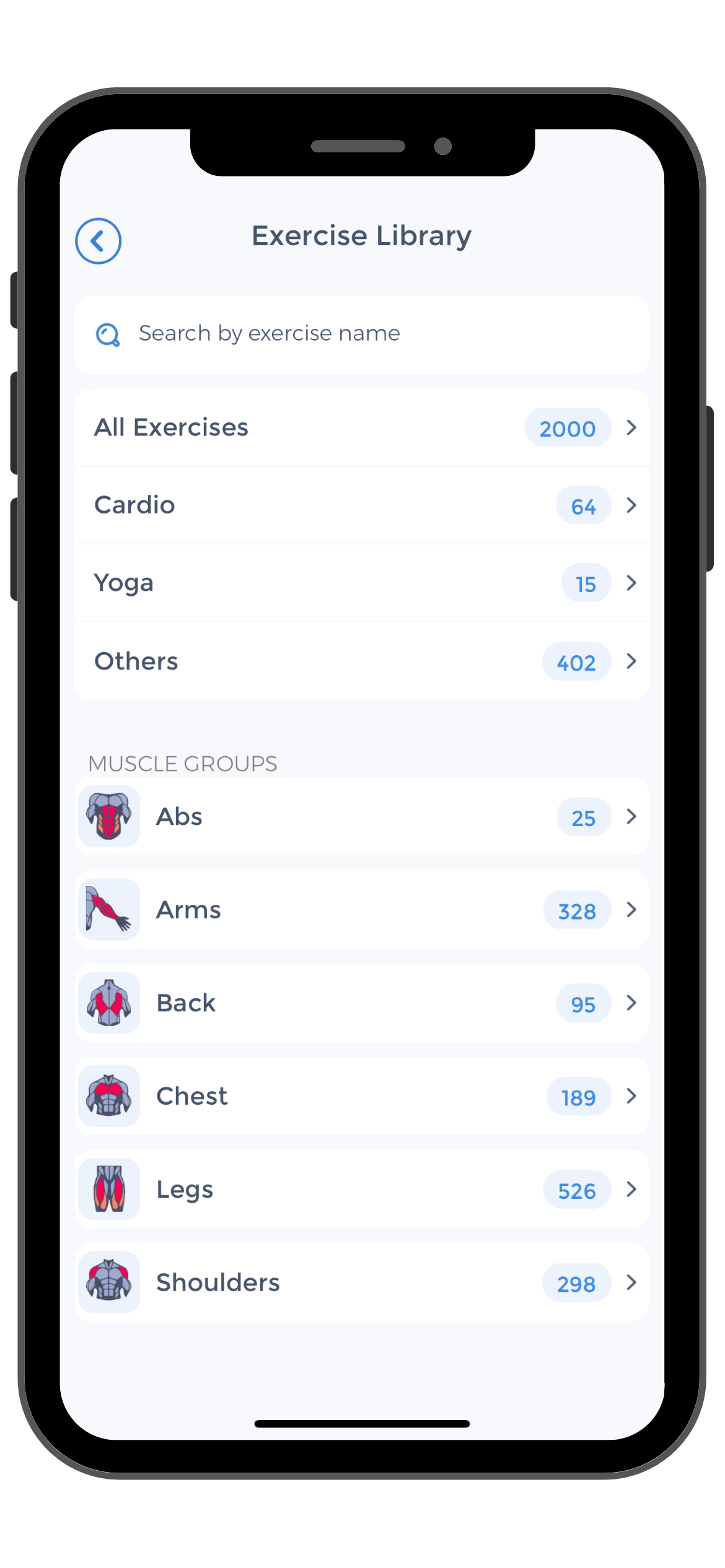
Welcome to this comprehensive comparison between Phentermine vs Adderall. In this article, we will discuss the key differences between these two medications, their usage, safety and precautions, and the legal and regulatory aspects related to their use.[1]
Understanding Phentermine vs Adderall
Before diving into the specifics, let’s start by understanding the basics of Phentermine and Adderall drug class.
When it comes to Phentermine, this FDA-approved medication is not only used to lose weight but also plays a role as stimulant drugs in managing and treat obesity related conditions. Such as high blood pressure, high cholesterol, and diabetes. By targeting the central nervous system to suppress appetite, Phentermine aids individuals in achieving their weight loss goals when combined with a healthy diet and exercise regimen.
The Basics of Phentermine
Phentermine is an FDA-approved medication that is primarily used for weight loss. It works as an appetite suppressant and is believed to increase the release of chemicals in the brain that control hunger. Phentermine is typically prescribed for short-term use (up to 12 weeks) as part of a comprehensive weight loss aid program.
On the other hand, taking Adderall, a central nervous system stimulant, is widely recognized for its effectiveness to treat ADHD and narcolepsy. By balancing neurotransmitters in the brain, Adderall enhances cognitive function, increases alertness, and helps individuals with ADHD focus on tasks more effectively. It is crucial to note that Adderall should only be taken under the supervision of a healthcare provider due to its potential for misuse and addiction.
The Basics of Adderall
Adderall, on the other hand, is a prescription medication commonly prescribed for the treatment of attention deficit hyperactivity disorder (ADHD). It contains a combination of amphetamine salts that work by increasing the levels of certain chemicals in the brain. Leading to improved focus and decreased impulsivity.[2]
Key Differences Between Phentermine and Adderall
When comparing Phentermine and Adderall, it’s crucial to understand their distinct mechanisms of action. Phentermine, a sympathomimetic amine, works by stimulating the release of norepinephrine in the brain. Which helps to reduce appetite and promote weight loss. On the other hand, Adderall is a combination prescription drug of amphetamine salts that primarily target dopamine and norepinephrine transporters. Enhancing their levels in the brain to improve focus, attention, and impulse control.
Mechanism of Action
One of the key differences between Phentermine and Adderall lies in their mechanism of action. While Phentermine primarily acts as an appetite suppressant, Adderall targets the areas of the brain responsible for attention, focus, and impulse control. Understanding these mechanisms is essential in determining the appropriate use of each medication based on individual needs and conditions.
Side Effects
Both medications can cause side effects. However, the types and severity may vary. Common side effects of Phentermine include dry mouth, insomnia, increased heart rate, and constipation. Adderall, on the other hand, may cause side effects. Such as decreased appetite, headache, irritability, and elevated blood pressure. It’s important for patients to be aware of these potential side effects and consult with their healthcare provider if they experience any adverse reactions.
Efficacy and Duration
Phentermine has been shown to be effective in short-term weight loss when used as part of a comprehensive program that includes a calorie-restricted diet and exercise. Adderall, on the other hand, has been proven effective in improving symptoms of ADHD. Such as inattention and hyperactivity. The duration of the effects also differs, with Phentermine typically providing appetite suppression for several hours. While Adderall’s effects can last up to 12 hours. Understanding the efficacy and duration of these medications is crucial in optimizing treatment outcomes and managing expectations.[3][4][5]
Usage of Phentermine and Adderall
Phentermine in Weight Loss
 When it comes to weight loss, Phentermine can be an effective tool when used correctly. Along with proper nutrition and regular exercise, Phentermine can help curb appetite and promote weight loss. It is important to note that Phentermine is usually prescribed for individuals with a body mass index (BMI) greater than 30 or for those with a BMI of 27 or higher with obesity-related comorbidities.
When it comes to weight loss, Phentermine can be an effective tool when used correctly. Along with proper nutrition and regular exercise, Phentermine can help curb appetite and promote weight loss. It is important to note that Phentermine is usually prescribed for individuals with a body mass index (BMI) greater than 30 or for those with a BMI of 27 or higher with obesity-related comorbidities.
Phentermine works by stimulating the release of neurotransmitters in the brain that suppress appetite. This leads to reduced food intake and, ultimately, weight loss. It is typically recommended for short-term use due to its potential for abuse and dependence. Common side effects of Phentermine include increased heart rate, insomnia, and dry mouth. It is essential to follow the prescribed dosage and not exceed the recommended duration of use to minimize the risk of adverse effects.
Adderall in ADHD Treatment
Adderall is primarily used for the treatment of ADHD in both children and adults. It can help increase attention span, reduce impulsivity, and improve overall functioning. However, it is crucial to note that Adderall should only be used under the supervision of a healthcare professional. As the dosage and duration of treatment need to be carefully monitored.
Adderall is a central nervous system stimulant that works by increasing the levels of dopamine and norepinephrine in the brain. This helps individuals with ADHD to focus better, control their behavior, and stay organized. While Adderall can be highly effective in managing ADHD symptoms, it is important to be aware of its potential for misuse and addiction. Regular monitoring by a healthcare provider is essential to ensure the safe and appropriate use of Adderall in the treatment of ADHD.
Safety and Precautions: Phentermine vs Adderall
Contraindications for Phentermine
Phentermine is contraindicated in individuals with a history of cardiovascular disease, uncontrolled hypertension, hyperthyroidism, glaucoma, or a history of drug abuse. It should also be avoided during pregnancy and breastfeeding.
Furthermore, individuals with a history of psychiatric disorders such as severe anxiety, agitation, or psychosis should exercise caution when considering the use of Phentermine. It is important to discuss any mental health concerns with a healthcare provider before starting this medication. Additionally, Phentermine may interact with certain medications such as monoamine oxidase inhibitors (MAOIs), and should not be taken concurrently with these drugs.
Contraindications for Adderall
Adderall should not be taken by individuals with a history of heart disease, high blood pressure, hyperthyroidism, glaucoma, or a known hypersensitivity to amphetamine or related substances. It is important to inform your healthcare provider about any pre-existing medical conditions or medications you are currently taking before starting Adderall.
In addition to the listed contraindications, individuals with a history of substance abuse or addiction should use caution when considering Adderall. Due to its potential for abuse and dependence. Regular monitoring by a healthcare provider is essential to ensure the safe and appropriate use of this medication. Furthermore, Adderall may cause interactions with certain antidepressants, antacids, and other medications. So it is crucial to disclose all medications being taken to avoid potential adverse effects.
Legal and Regulatory Aspects: Phentermine vs Adderall
Prescription Requirements
Both Phentermine and Adderall are classified as Schedule II controlled substances. Which means they have a high potential for abuse and are subject to strict regulations. This means that a prescription from a licensed healthcare provider is required to obtain these medications. It is essential to work closely with your healthcare provider to ensure their appropriate use.
Controlled Substance Classification
Phentermine and Adderall belong to different drug classes based on their chemical composition. Phentermine is a sympathomimetic amine. While Adderall is a central nervous system stimulant. Both medications require careful monitoring due to their potential for abuse and dependence.
Prescription Monitoring Programs
In addition to the federal regulations surrounding Schedule II substances, many states have implemented Prescription Monitoring Programs (PMPs) to track the prescribing and dispensing of controlled substances. These programs aim to prevent misuse and diversion of medications like Phentermine and Adderall. Healthcare providers are required to check these databases before prescribing these medications to ensure safe and appropriate use.
Risk of Drug Interactions
 Due to their pharmacological properties, Phentermine and Adderall have the potential to interact with other medications. Leading to adverse effects or reduced efficacy. It is crucial to inform your healthcare provider about all the medications, supplements, and herbal products you are taking to avoid harmful drug interactions and placebo medication. Your provider can then make informed decisions about the safety and effectiveness of prescribing Phentermine or Adderall in conjunction with other substances.
Due to their pharmacological properties, Phentermine and Adderall have the potential to interact with other medications. Leading to adverse effects or reduced efficacy. It is crucial to inform your healthcare provider about all the medications, supplements, and herbal products you are taking to avoid harmful drug interactions and placebo medication. Your provider can then make informed decisions about the safety and effectiveness of prescribing Phentermine or Adderall in conjunction with other substances.
Phentermine and Adderall have distinct purposes and mechanisms of action. Phentermine is commonly prescribed for weight loss. While Adderall is primarily used for ADHD treatment. It is essential to follow your healthcare provider’s recommendations and closely monitor any potential side effects during the use of these medications. Always consult with a healthcare professional before starting or discontinuing any medication.
Use the CareClinic App to Manage and Treat ADHD or Attention Deficit Hyperactivity Disorder
Managing your health and medication effectively is crucial. Especially when dealing with medications like Phentermine and Adderall. The CareClinic App is designed to help you track your treatment progress, monitor side effects, and manage medication schedules with ease.
By logging your daily intake, symptoms, and side effects within the app, you can gain insights into how your body is responding to the treatment. This data can be invaluable for your healthcare provider to tailor your treatment plan for optimal health outcomes.
Download the CareClinic App to Track your Journey to Lose Weight
With the CareClinic App, you can set reminders for medication times, ensuring you never miss a dose, and maintain a consistent treatment regimen. The app’s comprehensive health diary allows you to document changes in your condition, which is particularly important when managing weight loss or ADHD symptoms.
By using the CareClinic App, you can take an active role in your health management and work towards improved well-being. To take control of your health journey, Install App today.[6]
References
- “Phentermine vs. Adderall: 5 Differences to Know – GoodRx”. https://www.goodrx.com/classes/central-nervous-system-stimulants/phentermine-vs-adderall
- “Dextroamphetamine-Amphetamine – StatPearls – NCBI Bookshelf”. https://www.ncbi.nlm.nih.gov/books/NBK507808/
- “Phentermine | Description, Mechanism of Action, Uses, & Side Effects | Britannica”. https://www.britannica.com/science/phentermine
- “Adderall”. https://en.wikipedia.org/wiki/Adderall
- “Phentermine”. https://en.wikipedia.org/wiki/Phentermine
- “The effectiveness of mobile app usage in facilitating weight loss: An observational study – PMC”. https://pmc.ncbi.nlm.nih.gov/articles/PMC11091450/


